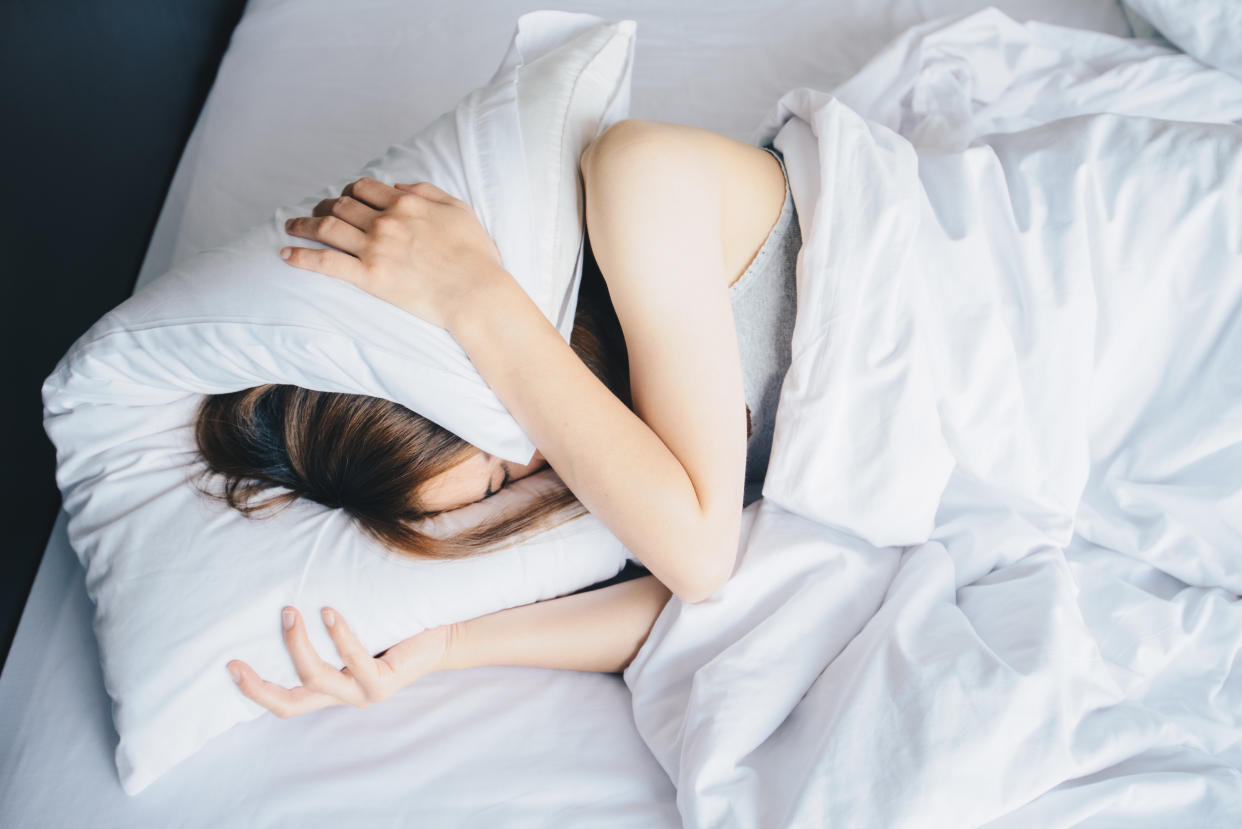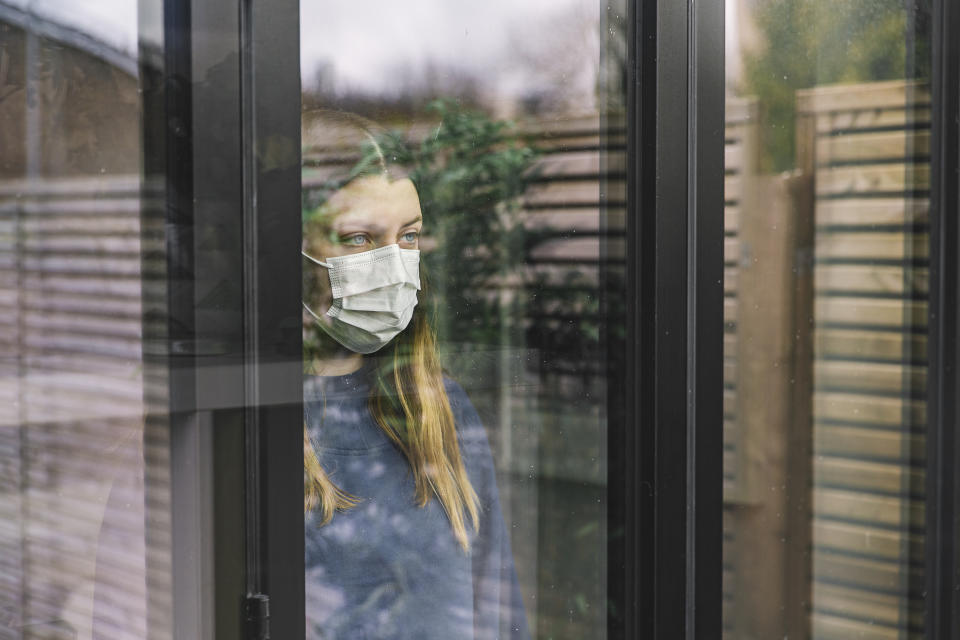'Two thirds of Britons' missing out on sleep during lockdown

Nearly two thirds of Britons are struggling to sleep during the coronavirus lockdown, research suggests.
Scientists from King’s College London interviewed more than 2,000 people aged between 16 and 75.
Half (50%) reported their sleep has become more disturbed since the extreme restrictions were put into place.
This rose to just under two-thirds (62%) among those facing financial difficulties as a result of the pandemic.
All in all, 63% have seen their sleep negatively affected by the outbreak – whether it’s waking in the night, struggling to nod off or feeling groggy the next day.

“Adequate and good-quality sleep is important to maintain our physical and mental resilience and disturbed sleep is often caused by stress,” said study author Dr Ivana Rosenzweig.
“We also know poor sleep can play a role in increasing our levels of stress, which can create a cycle that’s difficult to break”.
As well as disturbed shut eye, just under two in five (39%) of those interviewed are getting less sleep.
This increased to nearly half (48%) among those who are “certain or very likely” to face financial difficulties due to the pandemic.
Younger people seem to be most affected, with 46% of those aged 16 to 24 reporting insufficient shut eye.
When it comes to disturbed sleep, women are more affected (52%) than men (46%). Females tend to be more at risk of insomnia at the best of times.
Perhaps unsurprisingly, those who are finding the coronavirus outbreak stressful are experiencing worse insomnia.
With Britons being urged to work from home if they can, sleeping through the commute means some are getting more shut eye than normal.
Three in 10 (29%) of those interviewed reported sleeping for longer, but said they feel less rested upon waking.
Just under a quarter (24%), however, reported getting more sleep and feeling better for it.
This was again more common among the younger participants.
“Young people in particular have experienced the most impact on their sleep, for good and bad”, said study author Professor Bobby Duffy.
“They are more likely than older people to say they’ve experienced negative impacts on their sleep, but also more likely to say they’ve slept better.
“As with so much about COVID-19, the crisis is affecting people very differently depending on their circumstances and that includes the most fundamental aspects of life, such as sleep.”
COVID-19 is the respiratory disease that can be triggered by the coronavirus.
The fact that some people are sleeping better during lockdown, “highlights that, as a society, we simply do not get the chance to sleep as much as we need and this pandemic is allowing some of us to rediscover the importance of sleep”, said Dr Rosenzweig.
Of those who are managing to nod off, around two in five (38%) are having more vivid dreams than usual.
This phenomenon has become so widespread, scientists around the world are investigating how a viral outbreak could trigger such vivid – not to mention bizarre – nighttime hallucinations.
Coronavirus: what happened today
Click here to sign up to the latest news, advice and information with our daily Catch-up newsletter
Read more about COVID-19
How to get a coronavirus test if you have symptoms
How easing of lockdown rules affects you
In pictures: How UK school classrooms could look in new normal
How public transport could look after lockdown
How our public spaces will change in the future
Help and advice
Read the full list of official FAQs here
10 tips from the NHS to help deal with anxiety
What to do if you think you have symptoms
How to get help if you've been furloughed



